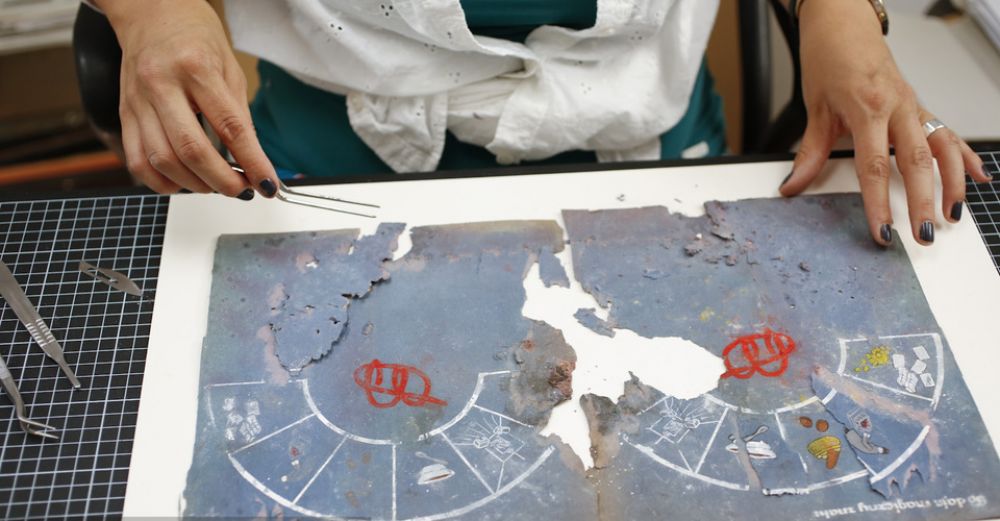- News
- Events
- Oneg Shabbat
- Collections
- Research
- Exhibitions
- Education
- Publishing Department
- Genealogy
- About the Institute
- Bookstore


The establishment of the Jewish Councils, from German called Judenräte, was begun by the occupier already in November 1939. They were administrative bodies supposed to manage Jewish communities in the cities and towns of the General Government. The head of the Council in Warsaw was a member of the board of the pre-war Jewish Community, engineer Adam Czerniaków. One year later, the borders of the Warsaw Ghetto were closed. By the majority of the Jews, Judenrat was considered to be a government of the quarter surrounded by walls. However, this self-governemnt was just an illusion because the councillors were forced to execute German orders, on which they had only little influence.They could only try to persuade the Germans to mitigate issued orders, delay their implementation, or if possible, simulate their execution.
Despite quite common, as one might think, awareness of these limitations, the attitude of the public opinion towards the activities of the Jewish Council was critical. Their members were accused of being too submissive to the Germans. Officials of both low and high ranking positions were considered to be corrupted and arrogant. Also, the fact that the majority of the officials were assimilated and did not speak Yiddish created distance between them and “the street ghetto”. The activity of Judenrat was often a subject of mockery: around the ghetto one could hear black humour jokes and satirical comments on that subject. Their breeding ground was, among others, literary cafe “Sztuka”, where Władysław Szpilman gave concerts and Wiera Gran used to sing. It was there that performances by “Żywy dziennik”, a satirical chronicle of the ghetto life, whose main founder was poet Władysław Szlengel, took place.